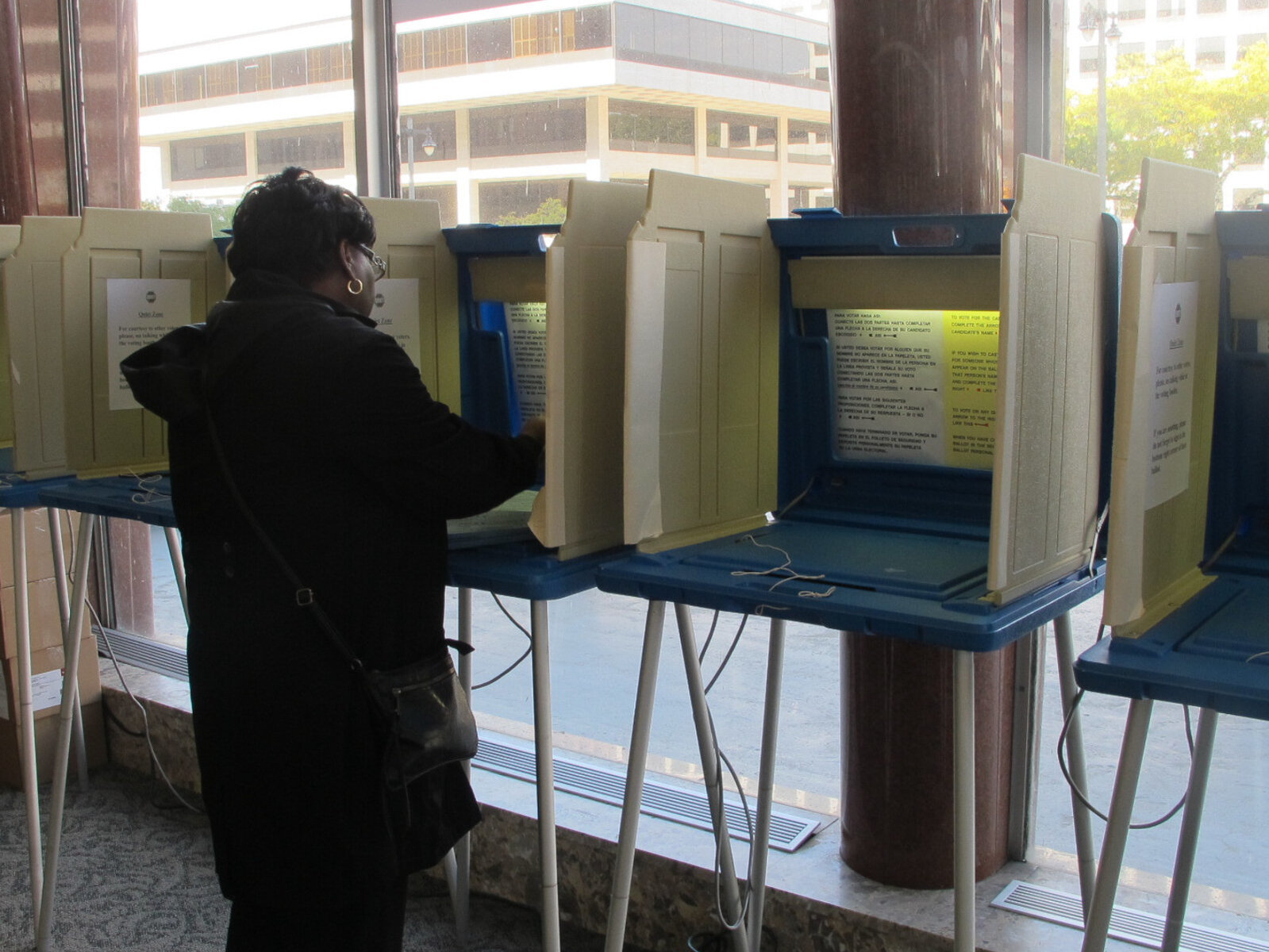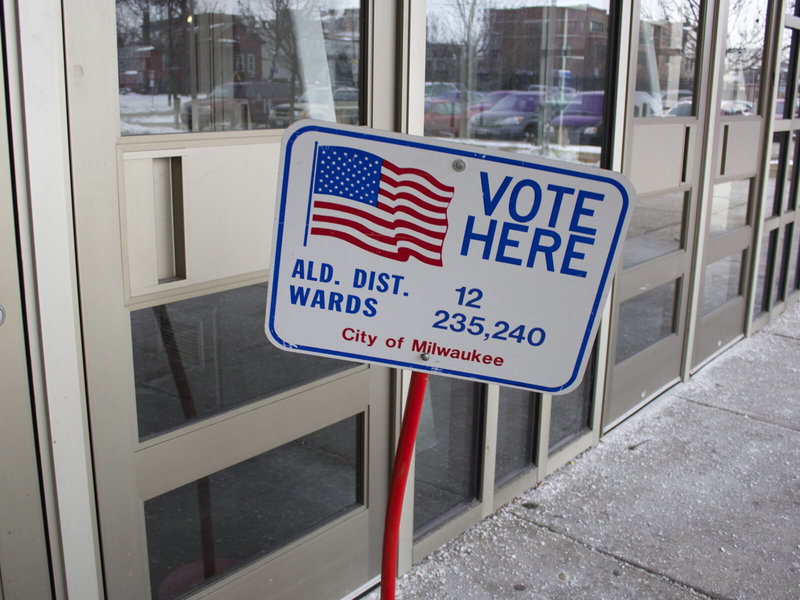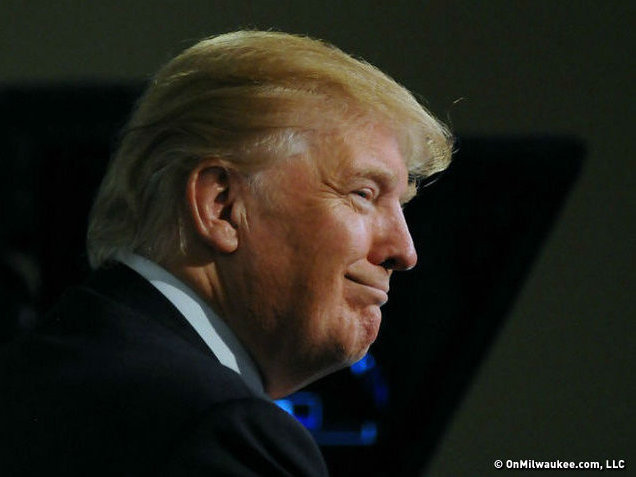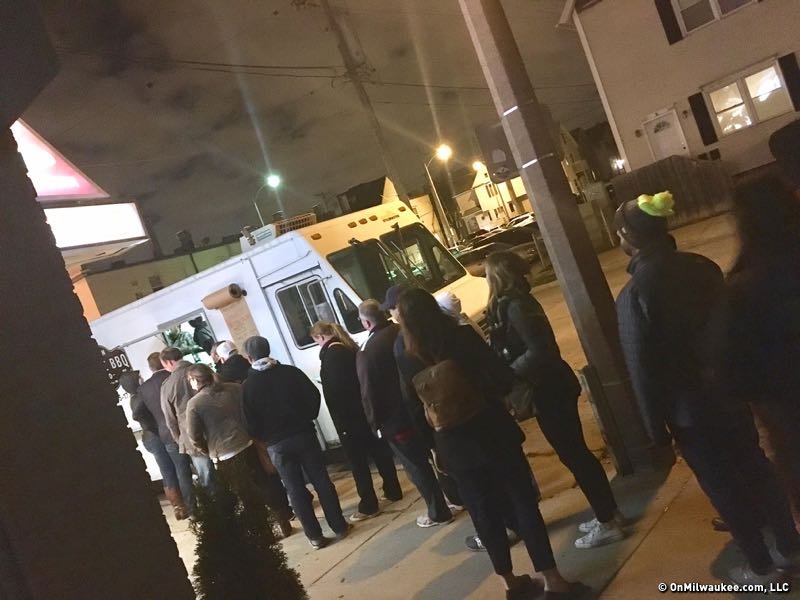Are you voting Tuesday?
Residents who were asked this question gave a variety of answers for what they would do in this election that features races from U.S. senator and governor on down to Milwaukee County sheriff.
The Nov. 8 election also will offer hints on the state’s direction on a variety of topics from reproductive rights and protecting democracy to the economy and crime.
Residents we reached out to on Milwaukee’s South and North sides are split on whether they will vote: Some are actively making plans, some question the importance of voting, and others want to vote but cannot because of legal barriers that prevent them.
Those that say they plan to vote typically do so because they see it as an important aspect of being an informed and engaged resident.
Among them is Sean Bussey, 32, who was interviewed on the South Side. He said he did not always vote but now sees it as his civic duty and a point of personal pride.
“As I got older, I started to educate myself on political issues and realized that not voting was not a representation of my beliefs,” Bussey said.
Also among those voting because they view it as necessary is North Side resident Anita Winston, an ambassador for Black Leaders Organizing Communities, or BLOC.
"People fought for us to have our rights," Winston said. "I’ve seen the power of voting over the years."
Winston, 68, said from fair housing marches to fights for wage equity, any progress that has ever been made came from people’s work and voting.
“There is no option (but) to participate in politics,” said Gertrude Martin, 66, who also works with Black Leaders Organizing Communities. “Politics affect everything from how long it takes to get your trash picked up to funding in your child’s school.”
Others plan to vote in the upcoming election simply because it is something they have always done.
Daniel Easter, 26, said he has not seen what is on the ballot and plans to research the candidates soon, but he knows he will vote because he was raised to do so.
“I’ve voted ever since I was 18. I remember my mom taking us to the polls,” Easter said. “It’s just something I feel I should do.”
Other residents are more apt to question the impact of voting.
A lack of trust
Dayona Rimmer, 20, said she cares about a litany of local issues, including reckless driving, economic opportunities for youths, food deserts in Black and Brown neighborhoods and reproductive rights.
However, she is skeptical that elected officials are able, or willing, to solve these challenges. She said she puts her trust more in everyday people, nonprofits and grassroots organizations to bring the change she wants to see.
“Voting is not a priority for me,” Rimmer said. “I’m not looking to elected officials to fix our problems,” noting that she has witnessed politicians campaigning on solving the issues she cares about, only to come back during the next election campaigning on solving the same unresolved issues.
Other North Side residents share her sentiments.
“I wasn’t going to vote until I met one of the candidates personally,” said Jackie Burrell. “Because from where I stand, it doesn’t look like anything ever changes no matter who is in office or how many of us go out and vote.”
Tim Moore, 42, a business owner, said, “I don’t believe in the effectiveness of politics ... For beginners, it feels rigged so I doubt our votes count at all. And there is no transparency in politics. Everyone is lying.”
Moore said he feels focusing on politics takes away from community efforts.
“Rather than working together and looking to make change for ourselves, we’re waiting for a piece of paper,” he said.
Despite not voting himself, Moore said he does work in the polls and encourages people to participate if they choose to.
Legal barriers
Then there are residents who would like to vote next week but will not due to legal barriers.
Emma Medrano, 45, on the South Side, is currently taking classes to study for her citizenship test, which will take place after the November election. Once she becomes a U.S. citizen however, she plans to vote.
“I would vote if I could, it’s necessary to change the people in charge if we don’t agree with them,” Medrano said.
Iuscely Flores, 26, has worked on several elections, and is currently employed by the Wisconsin Democracy Campaign. While she has knocked on thousands of doors to get out the vote, she herself is undocumented and thus barred from voting.
Nonetheless, Flores noted the apparent paradox of local elections having a direct impact on Milwaukee residents, yet they tend to not garner the same attention as national races.
“Local elections have the most impact, but often the lowest turnout,” Flores said.







